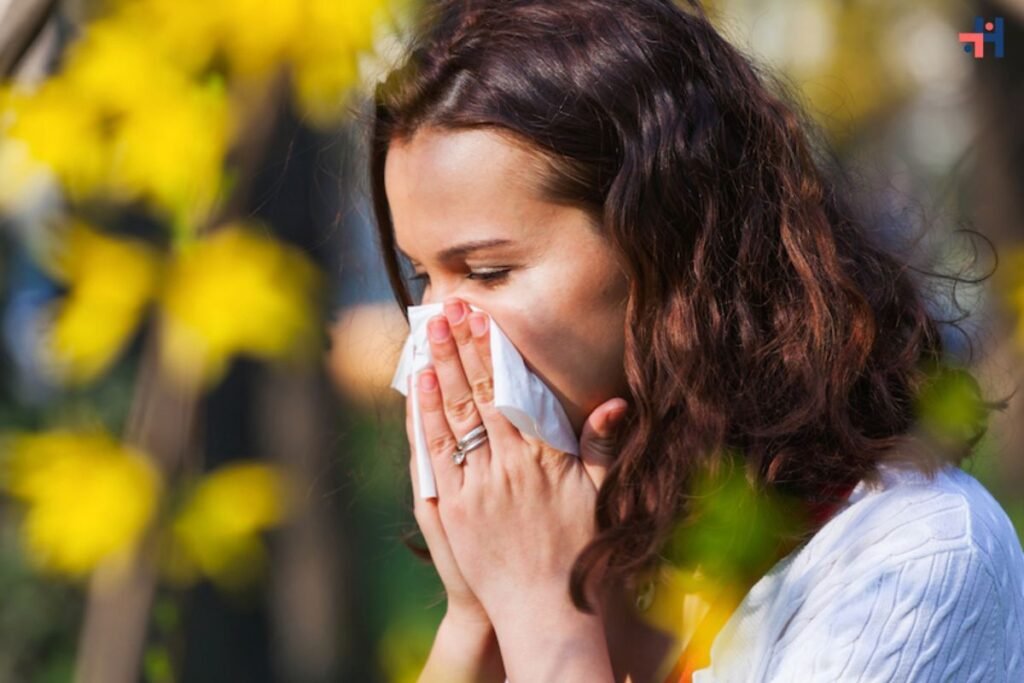As spring unfolds across the United States, many individuals find themselves grappling with the early onset and heightened severity of seasonal allergies. Climate change-induced shifts in pollen patterns have led to record-high pollen counts, exacerbating symptoms and raising concerns about the potential for life-threatening allergic reactions.
Early Onset and Intensified Symptoms
Health experts caution that pollen season is commencing earlier and with greater intensity than in previous decades. A 2021 study reveals that pollen levels have surged by 21% since 1990, with the season beginning a startling 20 days sooner. Particularly affected regions include the North and Southeast parts of the country, where individuals are experiencing heightened allergic responses.
Dr. Purvi Parikh, an adult and pediatric allergist and immunologist, explains that allergic reactions occur when the immune system produces IgE antibodies in response to allergens like pollen. Upon exposure, the immune system releases histamines, triggering a cascade of symptoms such as nasal congestion, itchy eyes, and coughing. With elevated pollen counts, these symptoms may intensify, posing significant discomfort and potential health risks.
Potential Complications and Precautions
In severe cases, allergies can lead to asthma attacks, wheezing, and respiratory distress, alongside skin reactions and swelling. To mitigate exposure to pollen, Dr. Andy Nish, an allergy specialist, recommends practical measures such as keeping windows closed, limiting outdoor activities during peak pollen hours, and wearing masks. Additionally, incorporating anti-inflammatory foods and supplements into one’s diet can help alleviate symptoms and boost immune resilience.
Locals battle spring allergies amid pollen counts rise
Protective Measures at Home
Simple precautions, such as removing shoes before entering the home and utilizing air purifiers, can minimize allergen exposure indoors. Regularly washing outdoor clothes and showering before bedtime can further reduce the risk of pollen contamination on bedding and surfaces. Despite these efforts, individuals experiencing persistent symptoms should consult healthcare providers for personalized treatment options.
Medication Considerations
Dr. Parikh advises allergy sufferers to opt for 24-hour antihistamines like Claritin, Zyrtec, or Allegra to alleviate symptoms effectively. However, caution is warranted against decongestant-containing medications, which may exacerbate allergy-related discomfort. Prompt medical attention is crucial for individuals experiencing breathing difficulties or chest pain, as these symptoms may indicate underlying asthma, a potentially life-threatening condition.
As spring allergies reach peak severity, proactive measures and informed healthcare decisions are essential in safeguarding individual well-being. By adopting preventive strategies and seeking timely medical intervention, individuals can navigate the challenges posed by heightened pollen counts and minimize the impact of seasonal allergies on their health and quality of life.









